Desperately Seeking Scientists
When so many email addresses on journal articles don't work, we have a problem.
Send us a link
When so many email addresses on journal articles don't work, we have a problem.
The impacts of grief are long-lasting, but support from colleagues provides some relief.
It was tough for Lia Paola Zambetti to leave the bench after dreaming for more than a decade of becoming a scientist, and reaching her goal. But now she enjoys her work's broader impact.
As lecturers, we're protesting today to persuade the university to pay its PhD teaching staff proper wages

California moves toward creating the strictest regulatory landscape for for-profit colleges in the U.S., but proposed legislation has already been weakened.
Casual contracts causing extreme levels of personal and financial hardship, union claims.

On the latest Recode Decode, MIT Media Lab director Joi Ito says we need to resist the urge to oversimplify the problems we're solving.
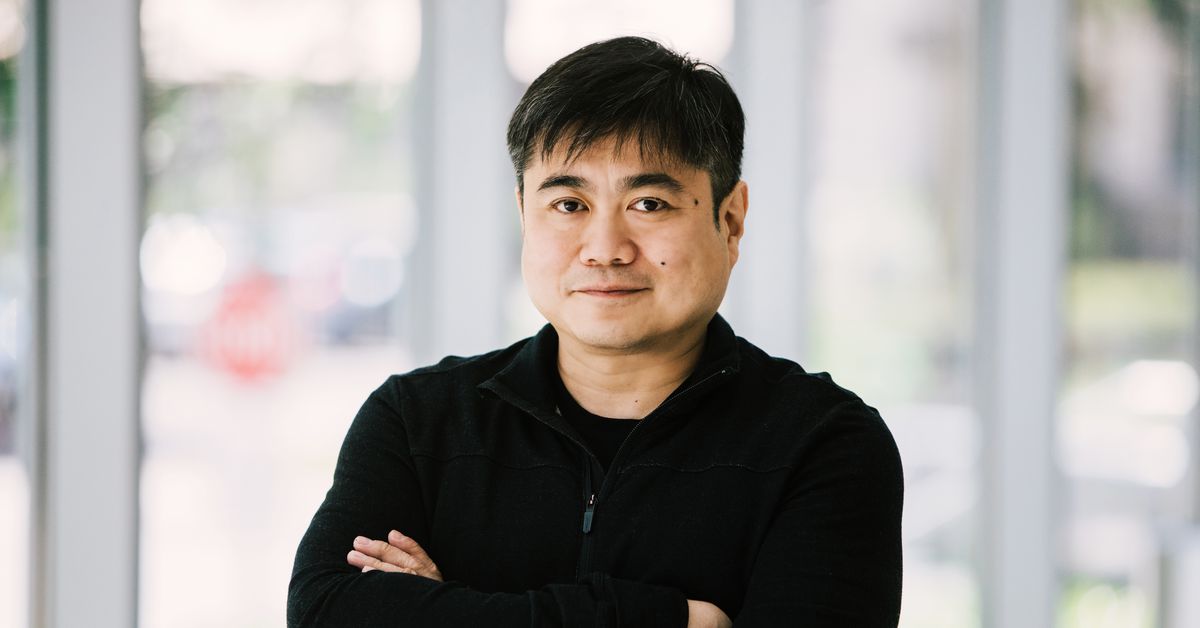
Seven researchers discuss the challenges posed by science's embrace of one global language.

The purpose of this study is to understand the familiarity and usage of metadata by those who use metadata in the process of preparing, publishing, cataloging, or sharing research papers, media and other associated objects in scholarly communications.
There has recently been a significant amount of media concern surrounding the poor mental health of academics. This extended paper sets out the scale of the problem and examines the factors which academics have identified as key causes of stress.
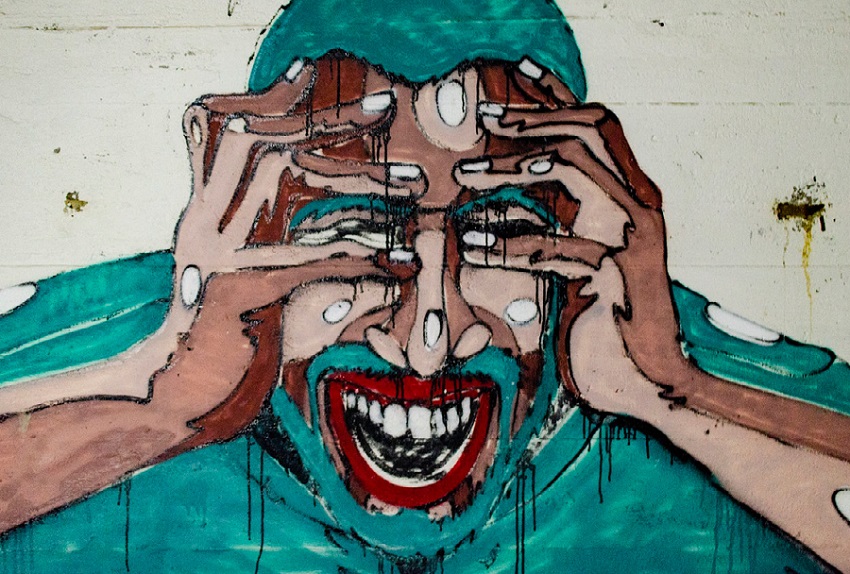
Alex Freeman describes how her love for storytelling propelled her from producing TV programmes to reinventing science publishing.

The dominant academic publishers are busy positioning themselves to monetize not only on content, but increasingly on data analytics and predictive products on research assessment and funding trends. Their growing investment and control over the entire knowledge production workflow, from article submissions, to metrics to reputation management and global rankings means that researchers and their institutions are increasingly locked into the publishers' "value chain".
Networking is a crucial skill for all scientists. Ruth Gotian offers tips for those who struggle to make it work.
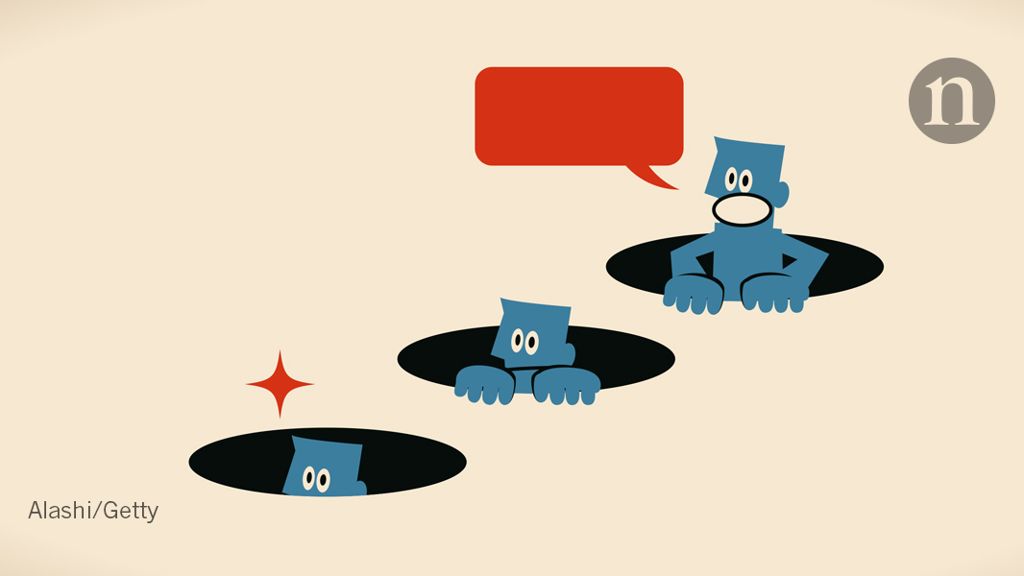
Work-life balance is not a detriment to excellent research, or an optional bonus, but an integral part of it.
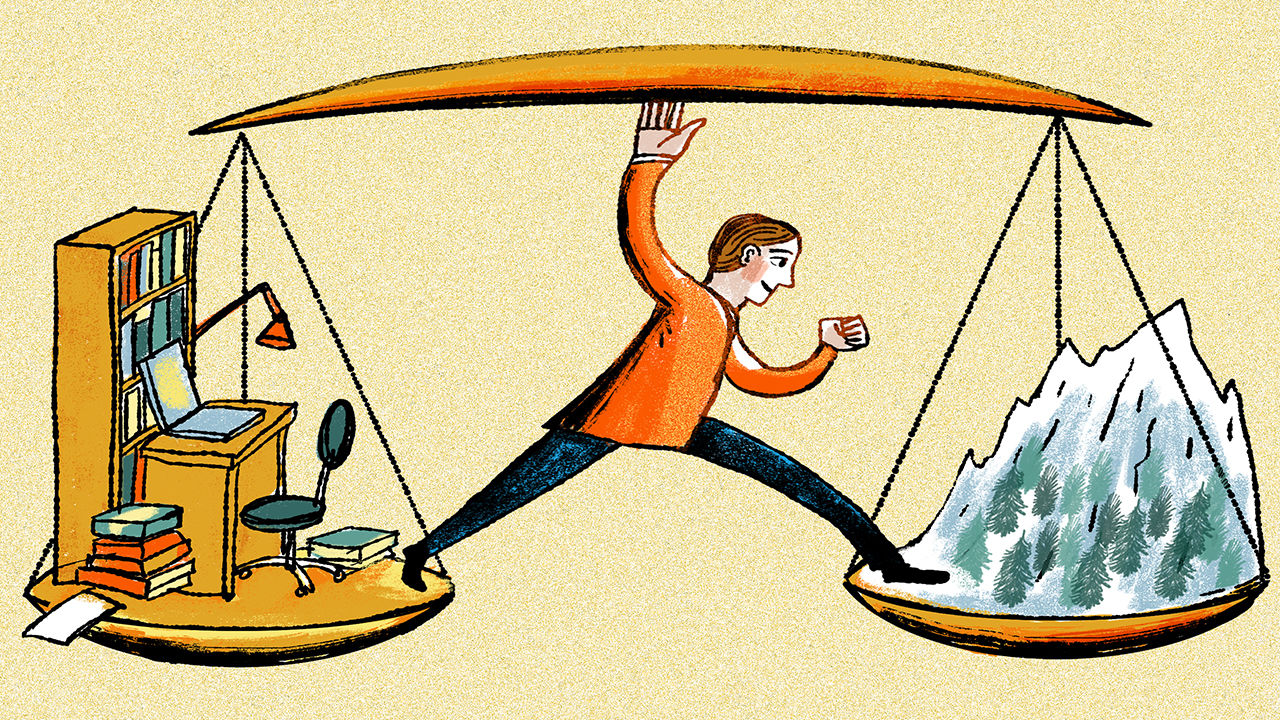
Hayley Teasdale argues that PhD studies are an ideal time for developing your research communication and impact skills and growing your entrepreneurial and organizational capabilities.
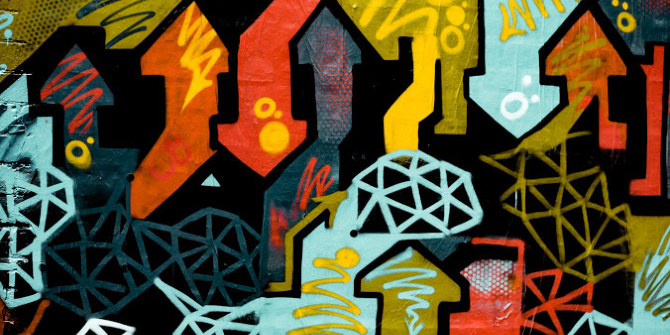
There is a wealth of advice and 'how to' guides available to academics on the subject of how research can have an impact on policy and practice. In this post Kathryn Oliver and Paul Cairney assess the value of this literature, arguing that unless researchers seek to situate research impact within processes of policymaking and academic knowledge production, this advice can ultimately reinforce current inequalities in research impact.

The move from Academia to the 'real world' requires a few crucial mindset shifts.
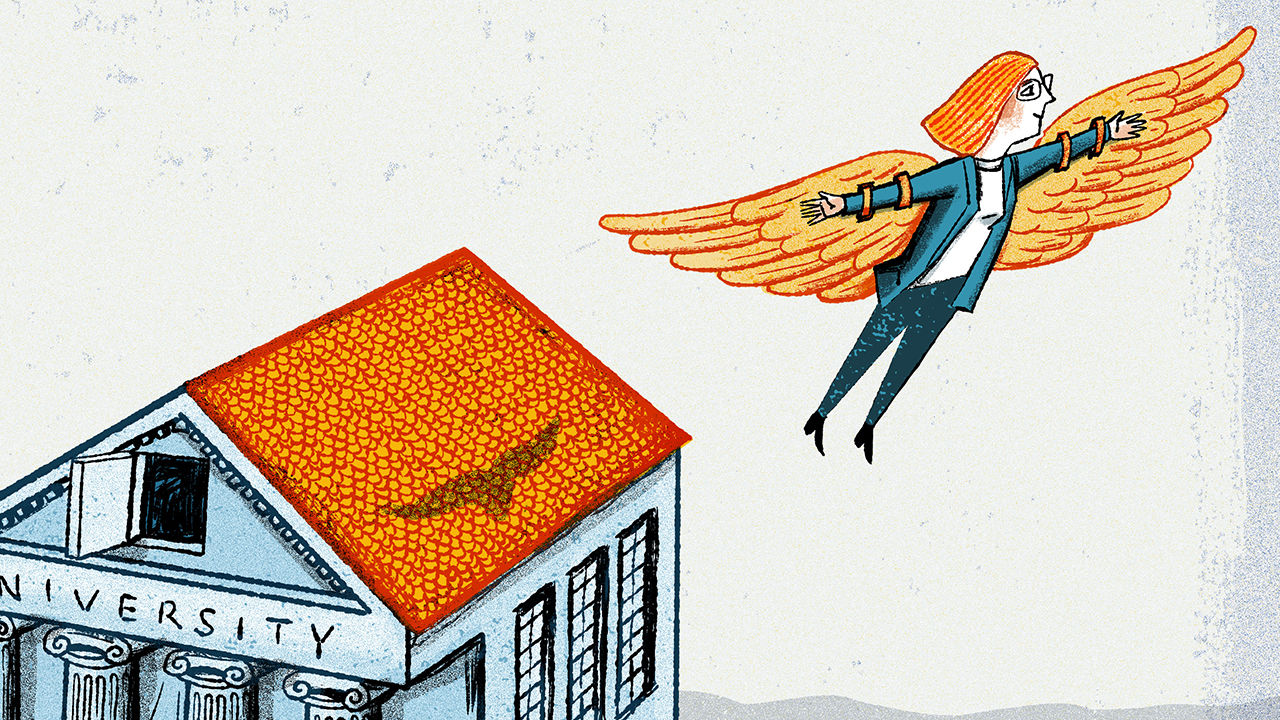
The way institutions conceptualise doctoral candidates - as individuals without baggage, able to devote all their time to their research - has very real consequences for those who do not fit this profile.

Jeff Havig was explaining the timeline for a typical academic tenure track hire to someone not in academia the other day, and they were completely flabbergasted, so here it is for those that are unfamiliar. This is specifically for an R1 institution. Others may deviate significantly.
When Sonia Vallabh found out she was likely to develop a terminal brain disease, she and her husband, Eric Minikel, changed careers to find a cure.

One of the medical world’s most respected expert bodies is in turmoil as its annual meeting gets underway after its governing board voted to expel a member.

Late-night research, isolation and a strict, male-dominated hierarchy are the perfect conditions for sexual harassment. With colleges struggling to enforce conduct codes, what can be done?

Just as the peer review system of journal publication is itself an ever-evolving construction, so too are the unspoken rules that govern which scientists share what.